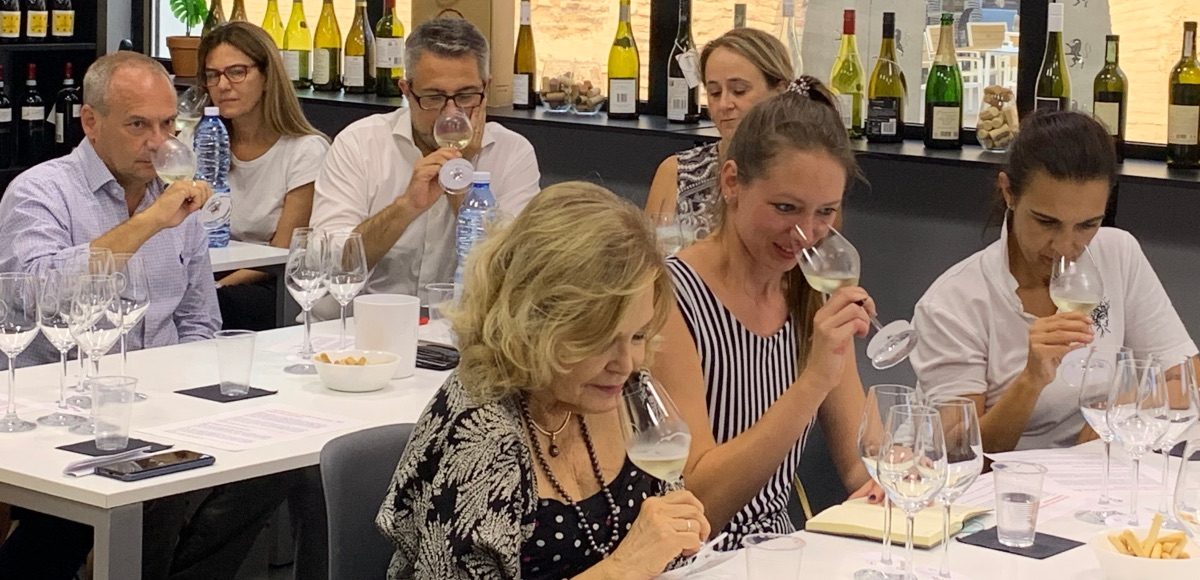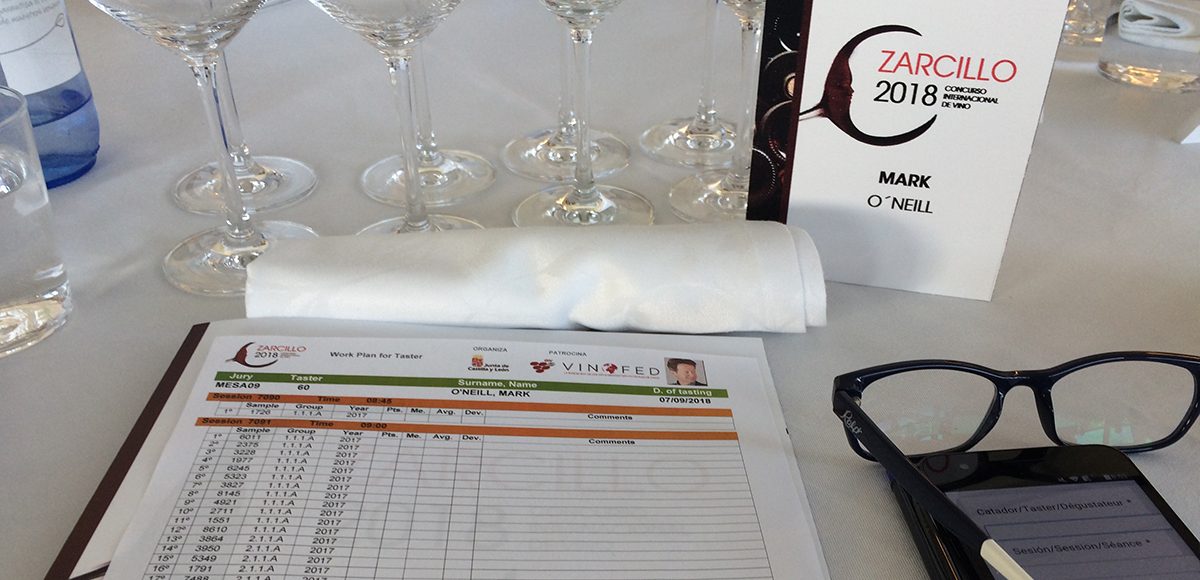Learn how to taste wine and you will enjoy drinking it much more. It is similar to learning how to play a sport. Take golf or tennis, anyone can swing a club or a racket but if you learn the basics of the game it is more enjoyable to play. How far you want to take it is up to you but at least you know what to do.
By looking and smelling you get most of the information and by tasting and drinking the wine confirms what you have seen and the aromas while adding the sensations of sweetness, heat and body. When I am giving a tasting it starts with how to hold the glass to observe the colour and condition of the wine, then swirling the glass to release the aromas and taking a good sniff. It takes a bit of practice but you develop a vocabulary of aromas. When tasting take in a little air and slurp the wine around your mouth, the flavours will be just like the aromas in addition to the other characteristics.
By learning how to taste you become more aware of the styles of wine that suit you best. We are more or less sensitive to different elements (acidity, body, sweetness, aromas and flavours). No matter how good a wine is, it does not mean that everyone is going to like it. This can be confusing for wine drinkers as they sometimes think that the problem is with them and not being able to appreciate a particular wine’s qualities. Therefore by knowing the styles of wines that you like is very useful when asking for a wine.
At The Wine Place when we make a selection of wines for a customer, one of the questions that we sometimes ask is how they take their coffee in the morning. Knowing this is an indication of how tolerant a person’s palate is to certain flavours. A strong black coffee without sugar indicates a palate that is probably more suited to full bodied wines with more tannin and acidity, whereas someone who has a white coffee with two sugars, is an indication of a palate that is more sensitive, consequently the style of wine that is better suited is one that is more aromatic and softer. This is not to say the full bodied wine is better quality than the aromatic, softer wine, it is a question of preference.
How well do you know your palate? There are many different styles of wines and in order to know your palate you have to taste them to see how you react to them. If a person is new to wine tasting the slightly sweet wines are a good place to begin as the sweetness makes a wine taste and feel smoother. As wine drinkers gain experience their palates become more fine tuned to more subtle, drier wines. This is the time when you learn that a wine that is fruit flavoured does not necessarily mean that it is sweet. When I am describing a dry white wine as ‘full of citrus and tropical fruit flavours’, quite often the reaction is ‘I don’t want a sweet wine’. Once you know that a wine can have tropical fruit flavours yet to be dry, it can be very helpful when asking for the wines best suited for your palate.
How do you react when biting and sucking a lemon? This is another good indicator in knowing how sensitive your palate is to acidity. Some people quite enjoy the kick of acidity while others recoil in horror. If you are particularly sensitive to acid then it is best to avoid dry wines with high natural acidity, for example, ask for a dry Moscatel instead of an Albariño. However, if the wine is well made it should be in balance and the acidity should not be that noticeable.
As your palate becomes more accustomed to different styles of wines you will know what to ask for when choosing a wine and this will open up the world of wine to discover new sensations and pleasures.











SUzIe | 11 February, 2022
|
How do you react when biting and sucking a lemon? HAHA only reading it I already had a reaction! Prefer drinking a high natural acidity wine 😉